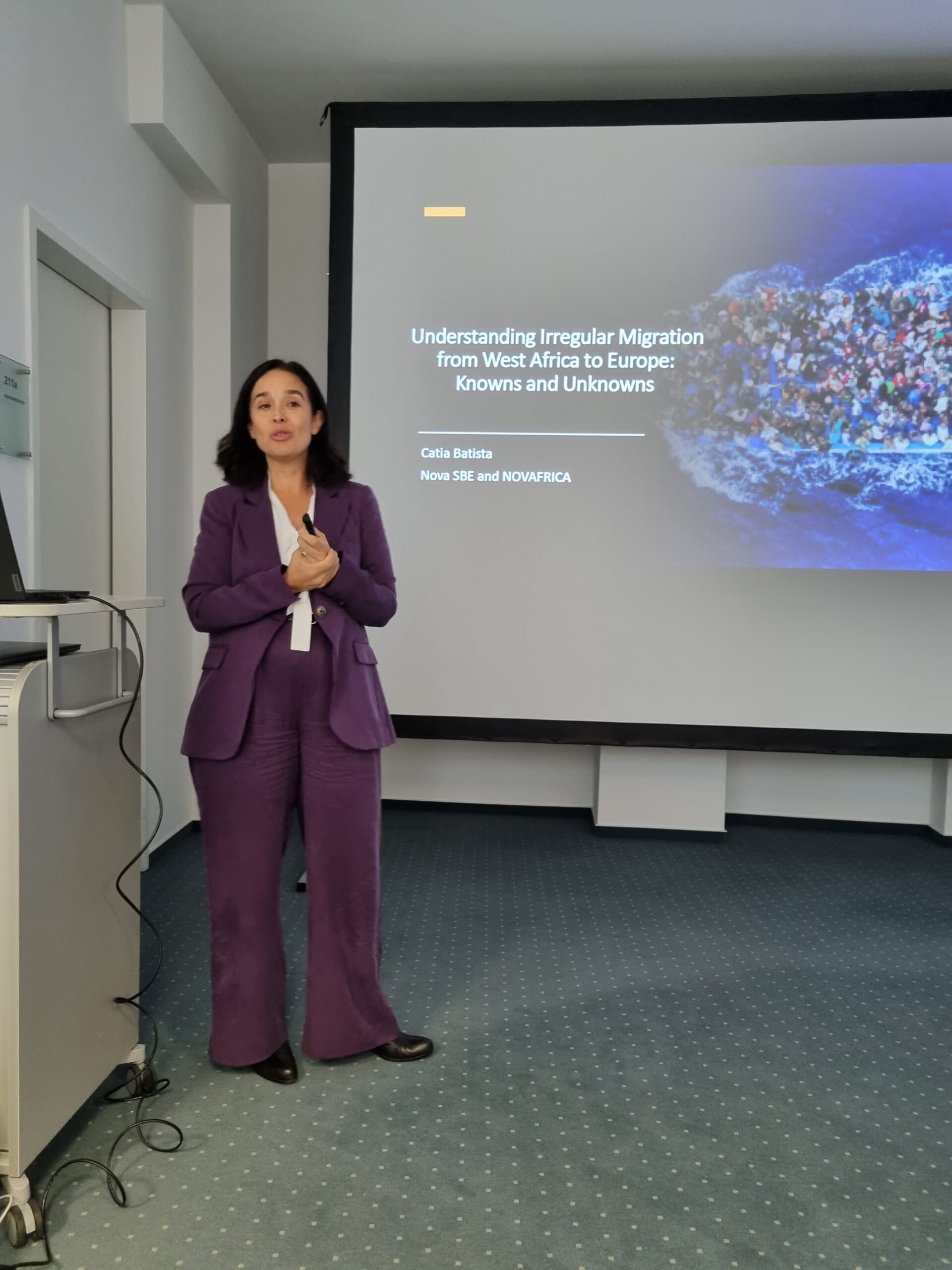Migration und Integration
Migration research deals with the question of the conditions under which people decide to permanently move their place of residence to another place. Integration research studies the conditions under which immigrants integrate particularly well into the society of their destination.

Migration, understood as a permanent relocation of the center of life to another place, is an ancient phenomenon. Historical examples include the emigration from the desertifying Sahara between 3000 and 1000 BC, the Greek colonization of the Mediterranean in the 1st millennium BC, the mass emigration from Europe to America in the 19th century or the flight of many Syrians from the civil war in their country since 2011.
As the historical examples mentioned show, the motives for migration can be very different. A change of location can be motivated by the search for better working conditions, greater economic prosperity or a generally better life and can therefore be largely voluntary. Under certain circumstances, migrants may return to their original place of residence after a longer period of time. However, migration is often also the result of displacement as a result of military conflicts, religious or ideological persecution, so that migration decisions are virtually forced. Advancing climate change can also create pressure to emigrate in the most affected regions. HWWI researchers analyze the size, composition and determinants of international (but also internal) migration flows. A particular focus is on the analysis of climate-related migration.
Migration decisions can have a wide variety of effects on both the origin and the destination. Germany has always had a net immigration balance in recent decades, so the effects of immigration rather than emigration are more relevant here. Against this background, HWWI scientists are conducting researching what effects observed and expected immigration has on the Federal Republic of Germany. HWWI researchers also analyze how the people who remain in Germany permanently can be integrated as well as possible into society and the economy.
Publications

Projects

The Linked Employer-Employee Study of the Socio-Economic Panel
The HWWI is a partner in the research project SOEP-LEE2. The overall aim of the project is to examine long-term changes in employment relationships in the context of digitalization. The focus lies on linking individual and firm-level data (“Linked Employer-Employee”). As part of the project, the HWWI conducts independent surveys…

Support for the survey of Ukrainian mothers in Germany
The HWWI is collaborating on an online survey developed by the Deutschen Jugendinstitut (DJI) for mothers who have fled from Ukraine with kindergarten-aged children (U6). The survey will consist predominantly of closed-ended questions, with an estimated completion time of a maximum of 20 minutes. The HWWI supports the DJI in …

Events

Workshop: Economics and Politics of Irregular Migration
Keynote:
Cátia Batista
Irregular Migration from West Africa to Europe: Knowns and Unknown
Nova School of Business and Economics, Universität Lissabon

HWWI - Summer Reception 2023
Keynote:
Integration von Zugewanderten in Deutschland
Prof. Dr. Max F. Steinhardt
FU Berlin, John F. Kennedy Institut für Nordamerikastudien


